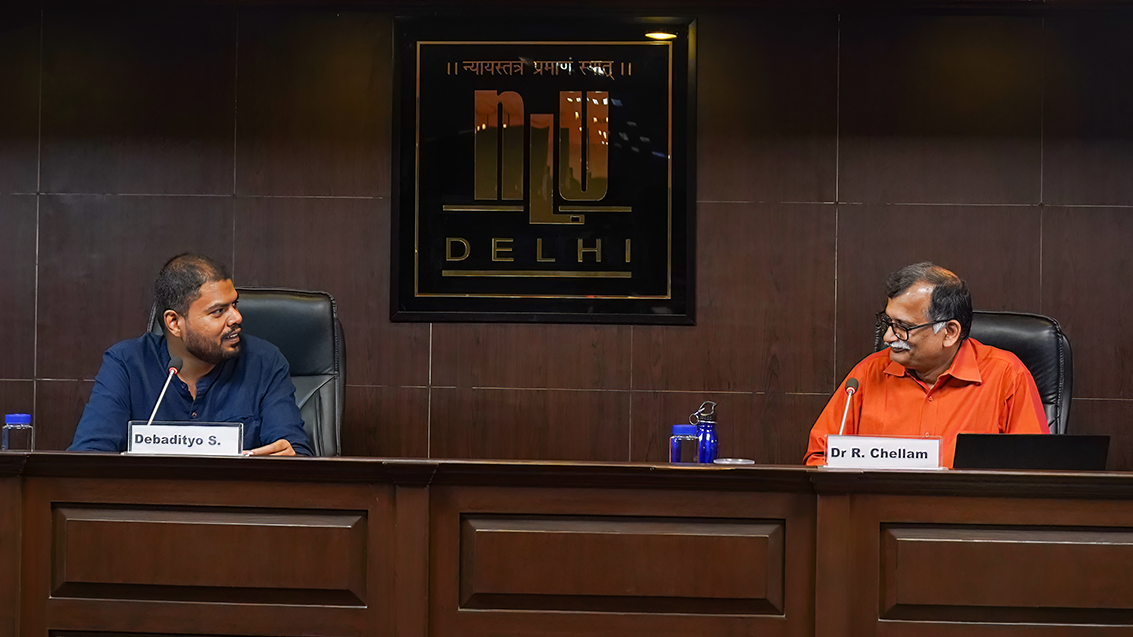In this episode of the Legal Capsule, Ritwika Sharma, Senior Resident Fellow & Lead, Charkha and Mayuri Gupta, Milon K. Banerji Research Fellow discussed the Tenth Schedule of the Constitution of India, commonly known as the Anti-Defection Law.
As the recent political crisis in Maharashtra unfolded, Ritwika and Mayuri attempt to explain the fundamentals of the anti-defection law in India, the exceptions to this law, and what possibly lies ahead for this law. In India, political defection or floor-crossing or horse-trading, referred to by whichever name, means the conscious abandonment by a legislator of their duty and allegiance to their political party.
This shifting of allegiance by legislators, influenced by money or the lure of power, has long dominated political corridors in India. Many of us have heard about how, back in 1967, a MLA in Haryana switched parties thrice in a day, setting off the proverbial “Aaya Ram Gaya Ram” to refer to defections in India.
As political defections continued unabated, in 1985, the 52nd Amendment inserted the Tenth Schedule in the Constitution to address instances of frequent floor crossing by legislators. Ritwika and Mayuri also discuss the ways forward with regards to the Anti-Defection Law.


